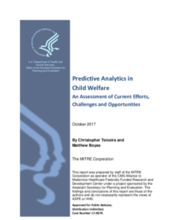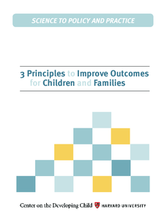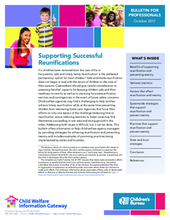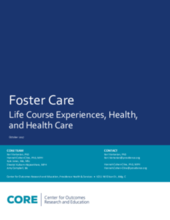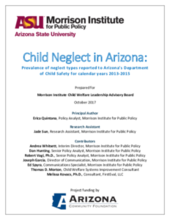This page contains documents and other resources related to children's care in the Americas. Browse resources by region, country, or category.
Displaying 2201 - 2210 of 3191
An American couple adopted their baby by posting an advertisement on Craigslist.
The Canadian government has reached a major settlement with indigenous victims forcibly removed from their homes and placed in state care as children.
Canada will pay up to C$750m ($598m) in compensation to thousands of aboriginals who were forcibly removed as children from their families decades ago, promising to end “a terrible legacy”.
This article examines whether and how felt caregiver burden influences the reported propensity of caregivers to want to adopt the children in their care.
This study investigated whether mothers experience changes to their health and social situation after having a child taken into care by child protection services, then compared these outcomes with those found in mothers whose children were not taken into care.
This document explores the state of the use of predictive analytics in child welfare by conducting an environmental scan of child welfare agencies, academia, nonprofit organizations, and for-profit vendors in the United States.
This report from the the Center on the Developing Child at Harvard University in the United States argues that, to be maximally effective, policies and services should: (1) Support responsive relationships for children and adults, (2) Strengthen core life skills, and (3) Reduce sources of stress in the lives of children and families.
This bulletin offers information to help US child welfare agency managers by providing strategies for achieving reunification and preventing reentry and includes examples of promising practices being implemented by States and localities.
Health Share of Oregon collaborated with the Center for Outcomes Research and Education (CORE) to explore how the foster care experience influences people’s lives and their interactions and attitudes about health and health care.
The objective of this project was to review a sample of reports made to Arizona's Department of Child Safety (DCS) with neglect allegations and identify the types of neglect present in the hotline narrative and investigation narrative.


